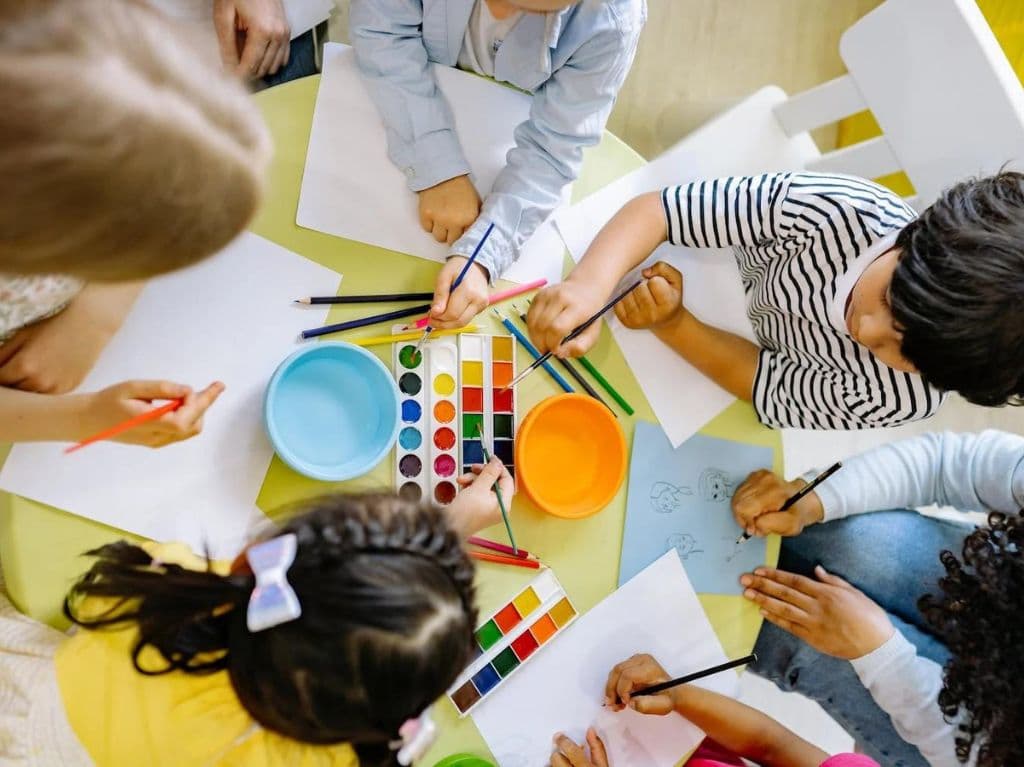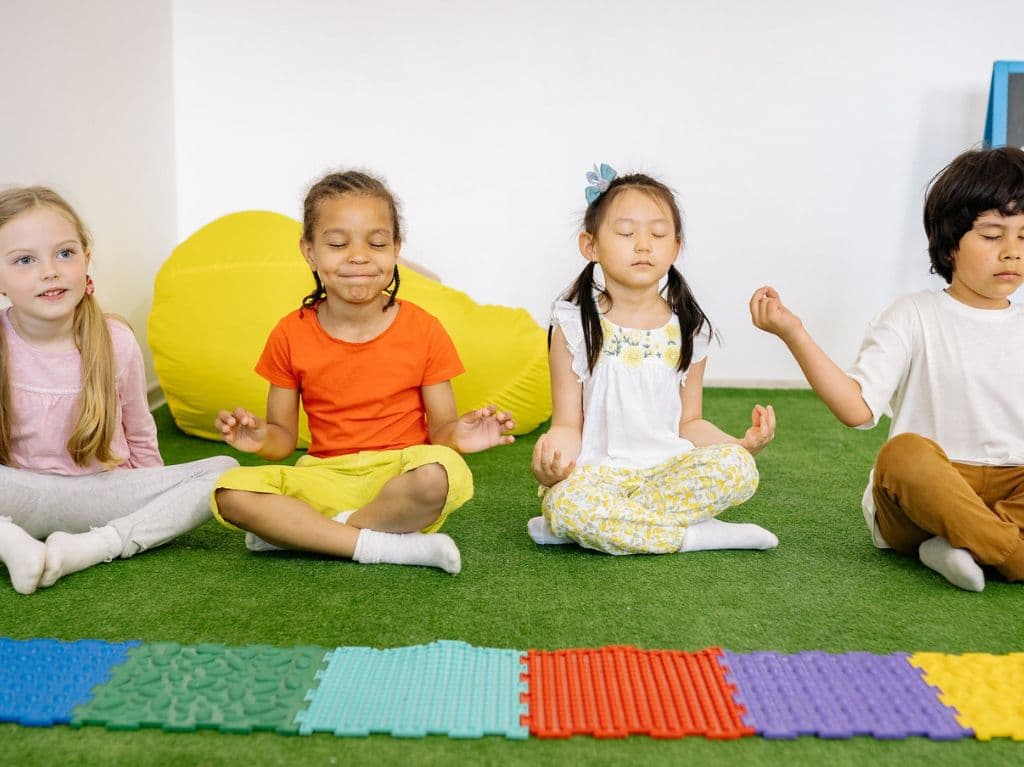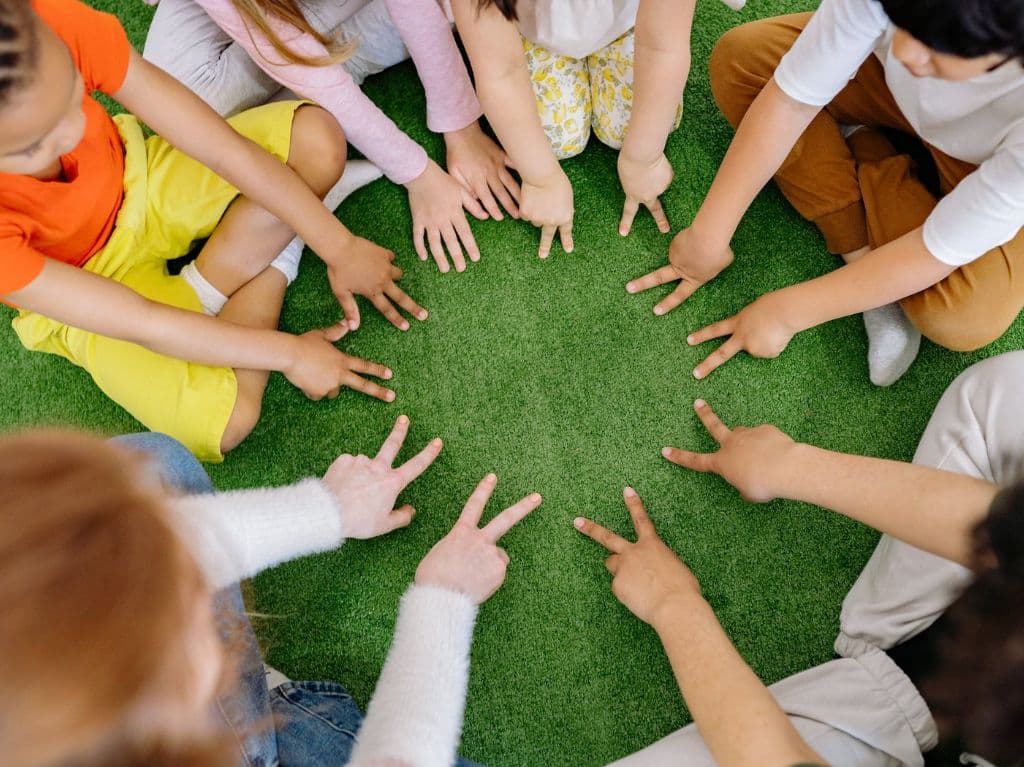Research has shown that children can experience learning loss during the summer months when they are not engaged in educational activities. Summer camps provide a structured environment where children can continue to learn and retain the knowledge gained during the school year. Summer camps can play a significant role in a child’s life, not only by having fun while taking part in recreational activities with new friends; it can also contribute to their academic success bridging the gap between the school year and providing valuable learning opportunities. Here's how summer camps can positively impact children's academic development.
Hands-On Learning Experiences
In summer camps, kids will have hands-on learning experiences that will give them a more interactive approach to learning; this could include science experiments, historical reenactments, or artistic projects. These learning experiences will stimulate critical thinking and problem-solving skills while kids have fun and enjoy their discoveries. When summer is over, they’re skills and ideas will be fresh and their gonna be ready to go back to school.
Exposure To New Subjects
Throughout their summer experience, kids will be encouraged to explore new interests and subjects they might have not explored in school or in their day to day lives. Constant exposure to different topics and subjects will spark their curiosity and passion for learning, and this will help them in their academic lives; when going back to their studies, their spirit of inquiry will be an ally.

Academic Enrichment Summer Camps
There are many summer academic programs that focus on specific subjects, from mathematics, science and technology to language, arts and sports. These programs reinforce academic skills in a fun and engaging way, helping children stay mentally active during the summer break. Camps often incorporate summer reading programs that encourage children to explore books and develop their literacy skills.
Improved Habits
Summer camps can help kids structure their studying habits and routines. Through the activities they take part in, they will get accustomed to managing their time, practicing better habits and developing organizational abilities that can carry over into their schoolwork. This also applies in their health habits; many camps emphasize physical activity, nutrition, and overall well-being. Healthy habits acquired during the summer can lead to increased focus and energy when children return to school.
Enhancing Social Skills
Camps promote social interaction, teamwork, and communication among campers. These skills are not only essential for personal development but also for academic success, as they contribute to effective collaboration in group projects and classroom discussions. Communication between kids will introduce them to diverse perspectives and expand their worldview, which can enrich their academic understanding.

Confidence Building
Success and achievement at camp, whether in sports, arts, or other activities, boost a child's self-esteem and confidence. Over the summer, kids will be overcoming different obstacles and challenges that will leave them with a feeling of self-accomplishment. This increased self-assurance can positively affect their performance and participation in school; presenting their projects, work and even themselves will be easier, and they will be more motivated to share their ideas.
Incorporating summer camps into a child's summer break can be a valuable investment in their academic success. These camps provide a balanced approach to learning, combining academics with recreation and personal development. By keeping children mentally engaged, fostering a love of learning, and promoting essential life skills, summer camps can contribute to a smoother transition back to school and long-term academic achievement.
